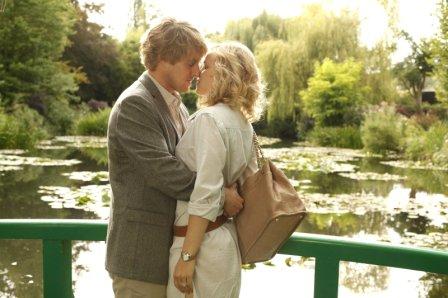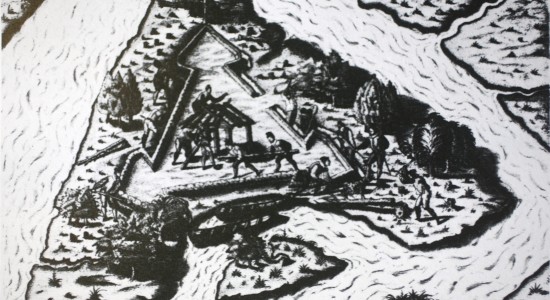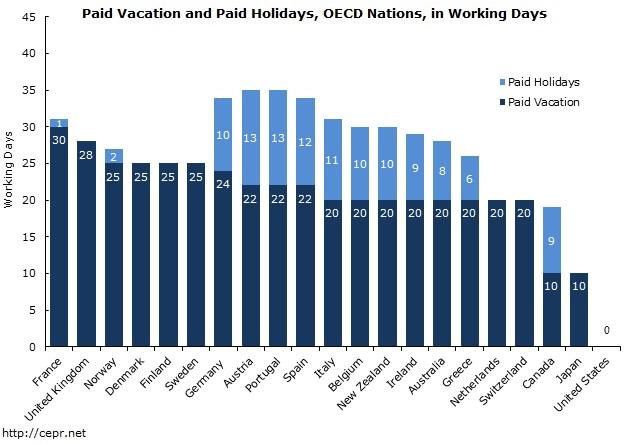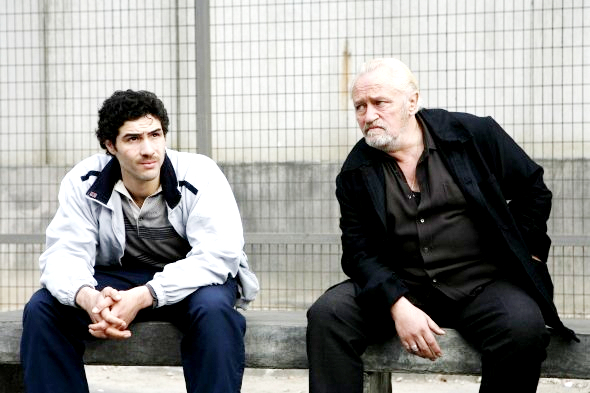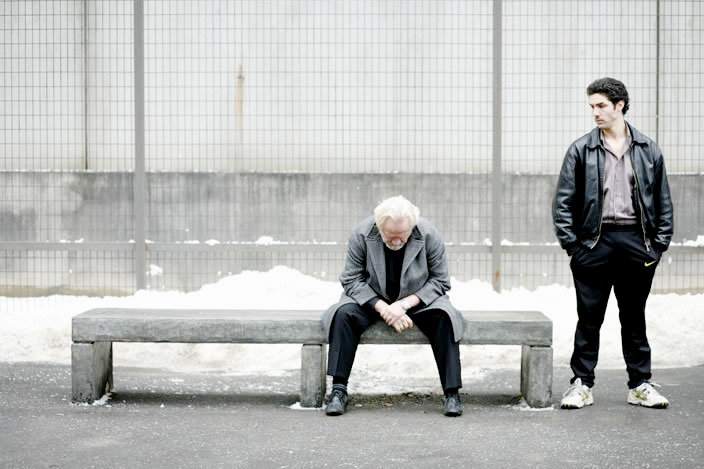
He’s had some hits in recent years. (
Match Point,
Vicky Christina Barcelona.) And he’s definitely had some misses. (
Scoop, Cassandra’s Dream.) But, if you haven’t caught it yet,
Woody Allen’s ex-pat trifle Midnight in Paris is more than just the Woodster’s
most profitable movie ever. It’s the best film he’s put out in at least a decade, and I suspect it’ll probably be one of the Best Picture contenders come Oscar time next spring.
Much like Manhattan, this film begins with a love letter, in the form of a languid montage, to its setting. While (naturally) a jazz ditty plays, we spend the first five minutes or so of the film ambling through the streets, parks, and cafes of the City of Lights, soaking up the Parisian ambience. (This is one of the many reasons I could see Midnight In Paris making a great double bill with Richard Linklater’s Before Sunset, which opened similarly.) As it happens, wandering aimlessly around this city is a favorite hobby of our protagonist, Gil (Owen Wilson), a successful Hollywood screenwriter looking to find inspiration for his first novel in the old corners of gay Paree. Unfortunately, his fiancee Inez (Rachel McAdams) doesn’t share this proclivity: She prefers cabs, shopping, and expensive jewelry. (If that doesn’t tell you what to expect from her character, her tea party parents — Kurt Fuller and In the Loop‘s Mimi Kennedy — should close the deal.)
And so it is that one night, while Inez is out dancing with a know-it-all acquaintance (Michael Sheen), Gil happens to hitch a ride in a vintage automobile and finds himself at what appears to be a costume party. The thing is, the guy on the piano (Yyves Heck) looks exactly like Cole Porter, the couple he falls in with — the Fitzgeralds of New York — just happen to be called Scott (Tom “Loki” Hiddleston) and Zelda (Allison Pill), and the gruff guy at the coffee shop (Corey Stoll) they take him to is the spitting image, in word and deed, of Ernest Hemingway. Apparently in Paris, the past isn’t even past… or at least once it’s past midnight.
So, yes, somehow the Lost Generation has been found, and soon enough Gil is relishing the movable feast: He’s getting book tips from Hemingway and Gertrude Stein (Kathy Bates), talking rhinos with Dali (Adrien Brody), running movie ideas by Bunuel (Adrien de Van), and falling in love with one of Picasso’s muses, the lovely Adrianna (Marion Cotillard). All the while, Gil begins to ignore his “real” life in the 21st century as too humdrum and mundane. After all, how you gonna keep Gil on the screenwriting farm after he’s seen Gay Paree? But, if the 21st century isn’t good enough for Gil, why should those madcap 1920’s be good enough for Adrianna? Nostalgia infects us no matter what our time, and so we beat on, borne back ceaselessly into the past…
As Allen’s fans have already figured out by the second reel, Woody is repeating himself here somewhat. (After a career as long and prolific as his, it’s to be expected!) Replace nostalgia with love of the cinema, and Gil’s time-traveling to the era he idolizes isn’t too far afield from Mia Farrow’s romance with matinee idol Jeff Daniels in The Purple Rose of Cairo. (For that matter, everything involving Michael Sheen’s pompous academic is set-up for another variation of the Marshall McLuhan joke from Annie Hall.) And Allen has always been one for high-culture namedropping in his writing and films. It’s just that this time, the likes of T.S. Eliot, Man Ray, Josephine Baker, and Alice B. Toklas are actual cameos rather than just allusions.
So, yes, Allen may have trod this ground before, but Midnight in Paris nonetheless works, for several reasons. For one, Owen Wilson — an actor I’ve never really felt one way or the other about — is one of the best Allen analogues to come down the pike in awhile. He manages to capture Woody’s usual collection of neuroses while coming across as more charming and self-effacing then Allen really can anymore. For another, the movie doesn’t aspire to deep philosophical truths about relationships and/or the meaning of life (like, say, the existentialism pervading Match Point and Crimes and Misdemeanors). It has some insightful things to say about the nature of nostalgia, and otherwise just aims to show us a good time. As they say in the closest thing we’ve got to Paris stateside, NYC notwithstanding, laissez les bons temps rouler.
